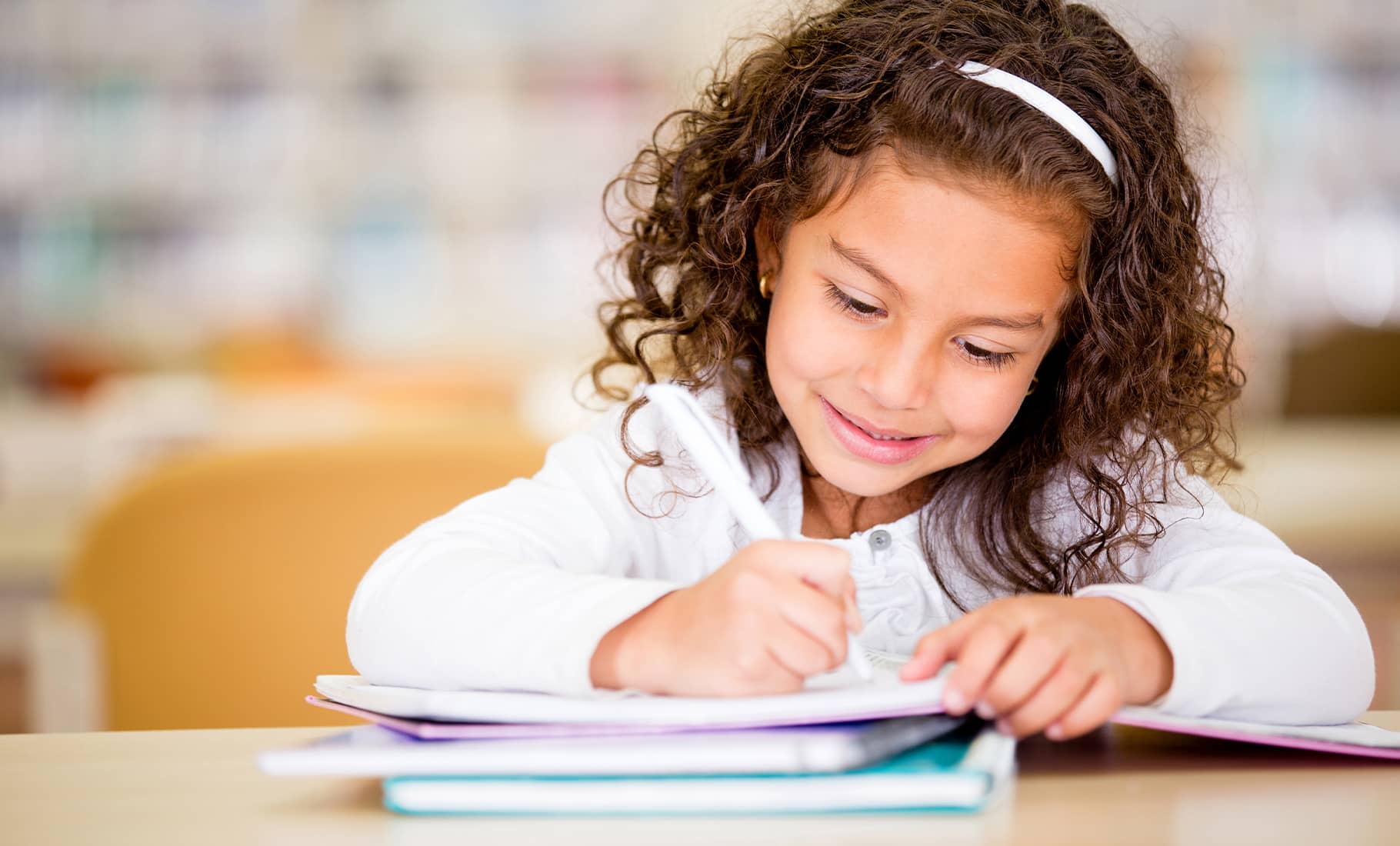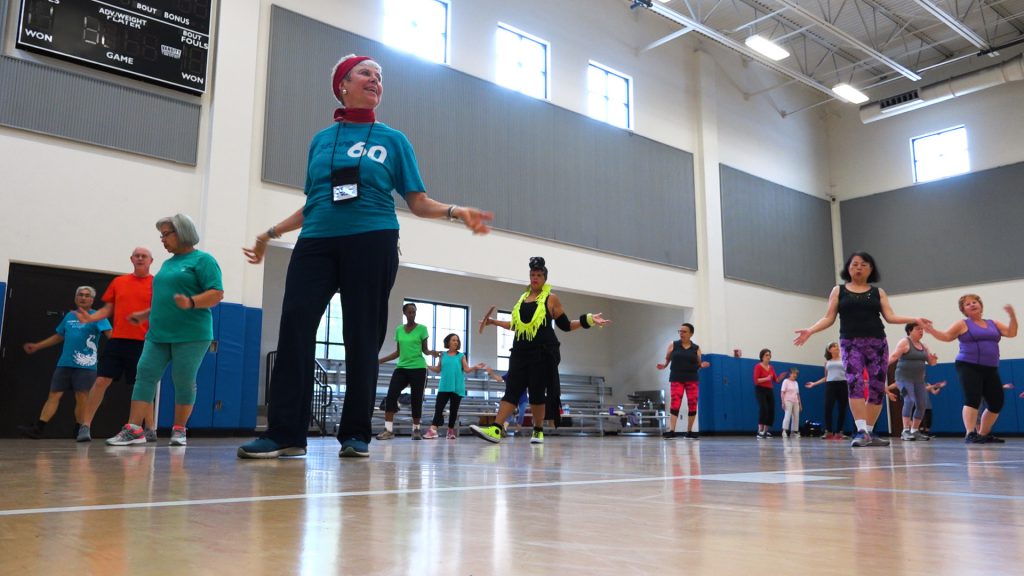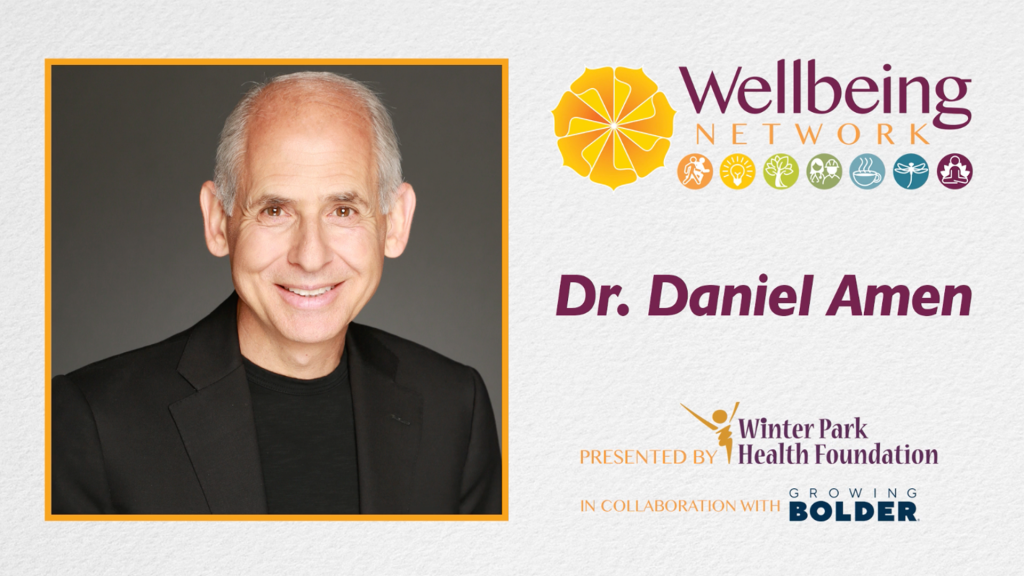What Mary Poppins Can Teach Us About Children’s Routines
Posted December 11, 2020 | By admin

Right now, we could all use a visit from Mary Poppins, who was seemingly unfazed by any disruption and armed with countless tricks to weather any situation.
At present, so many things are out of our control, but we can look at taking control of the things we can. In this time of change, one of the best things we can offer our children is structure and routine. Routines provide children with predictability and predictability leads to a feeling of safety.
One of the most common places a child experiences routine and predictability is the classroom. The teacher has set rules and procedures, allowing your child to know not only what to expect of the teacher but also what the expectation is of the child. Day by day these rules and procedures continue to build a framework for your child, allowing for growth in self-sufficiency and responsibility.
School aged children are not the only ones who have found themselves out of routine. Many of us are adjusting and adapting to new rhythms. All of this at once can feel overwhelming; however, breaking our days and routines into chunks can make them feel more manageable and attainable, as can tweaking our “usual” routines to help navigate the unfamiliar and allow it to become familiar.
Morning routine: Though children may no longer be rushing out to catch the bus or make it through the car line on time, consider what can remain the same in the morning routine, including wake-up time and time when “school” starts. Are there other school based tasks (i.e. gathering materials for school, packing a lunch) that can be continued in the interim? Could you incorporate a “morning meeting” in your home, much like classrooms engage in when students arrive to start the day?
Technology: Within your family you may already have limits on electronic devices. Given the move to distance learning, how might this need to be revised? Are siblings sharing devices and are there clear times when each gets their turn? How have these limits been communicated and explained to your child or children?
Space and time: Children are used to having desks, backpacks and cubbies in which to store their materials, as well as designated times in the day in which they complete various tasks. Where and when are children being asked to complete their school work? Do they have designated spaces—whether the kitchen table or a bedroom—where they are to complete the work, as well as necessary supplies? What expectations have been communicated regarding cleaning up their work space and storing materials?
“After school” routine: Countless students are no doubt adjusting to a different afternoon routine, as after school programs, karate classes and other extracurricular activities have been cancelled or put on hold. Though your child may not be able to engage in regular extracurricular activities, what are ways in which you can utilize technology—either apps or YouTube videos—to provide such an outlet for your child? What opportunities exist within your home or neighborhood to allow for a new routine to develop (i.e. a walk to the neighborhood park)?
Bedtime routine: Maintaining a consistent sleep schedule is important. Tiredness and fatigue factor into our emotional states, and children are no exception to this. If your child is experiencing more anxiety or difficulty regulating emotions, consider implementing one of Dr. Becky Bailey’s “I Love You” rituals, if your bedtime routine does not already include one. These small activities provide an opportunity for you and your child to strengthen your connection and attachment to each other. For more information, visit the Conscious Discipline website.
These times are unprecedented and challenging, no doubt. Your efforts to implement structure and routine need not be “practically perfect” like Mary Poppins, rather the effort you put forth will both demonstrate and communicate care and safety to your child in the midst of change.
This blog was authored by a CHILL Counselor. Supported by the Winter Park Health Foundation, CHILL— Community Help & Intervention in Life’s Lessons —is a free counseling program for students in public schools serving Winter Park, Eatonville, Maitland and neighboring areas who need help with issues such as grief and loss, divorce, low self-esteem, anger management and depression.



